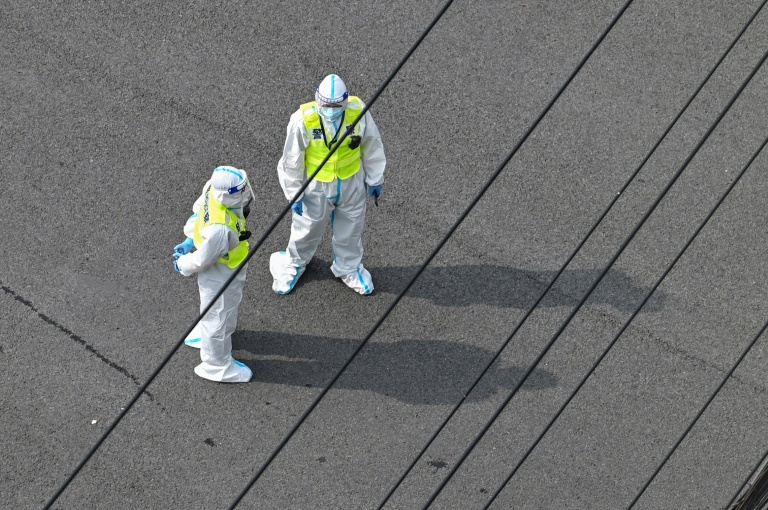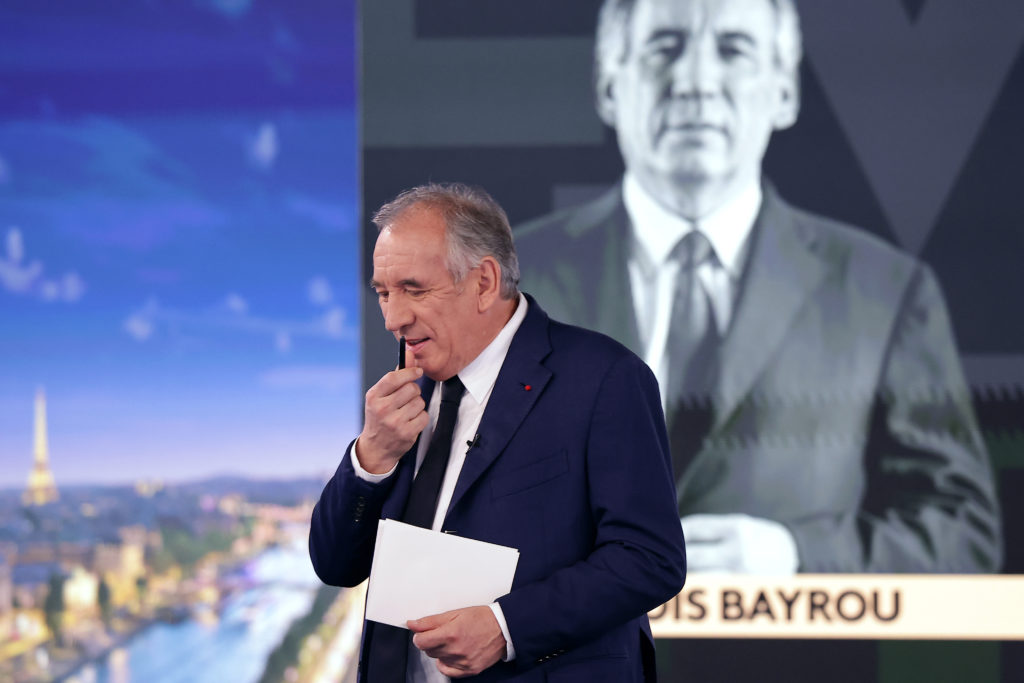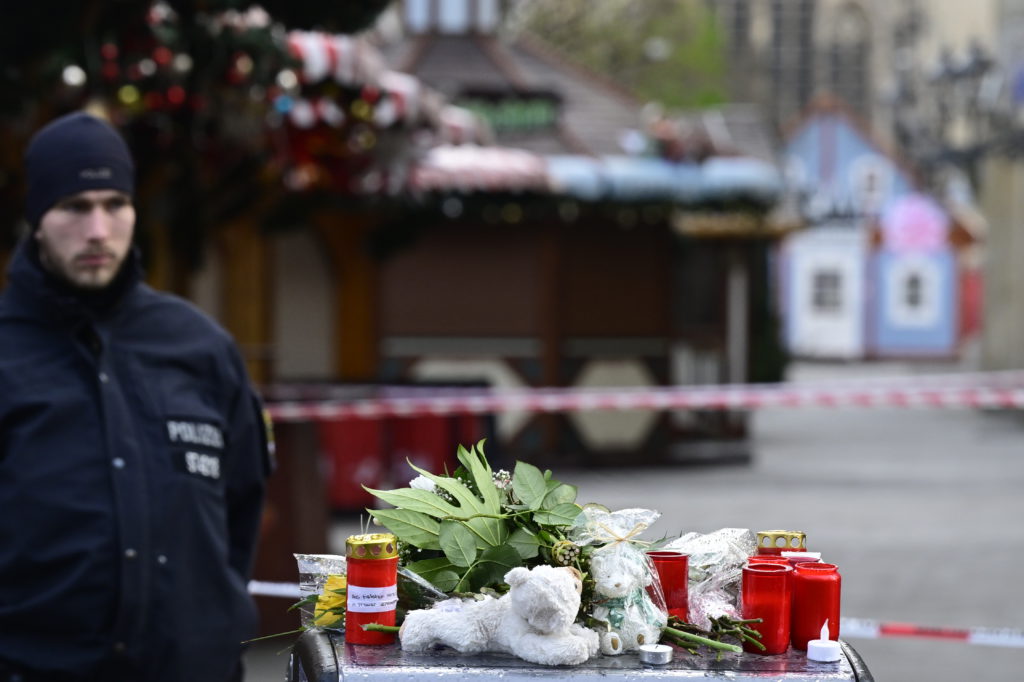Markets were mixed Tuesday as investors scrabbled to recover from the previous day’s rout but fears over the impact of China’s Covid-induced lockdowns and the Federal Reserve’s plan to hike interest rates quickly continued to drag on sentiment.
The Omicron flare-up across China has led authorities to impose strict containment measures in its biggest cities, shutting off millions of people and threatening to deal a hammer blow to the world’s number two economy.
While Shanghai — China’s largest city — has been in lockdown for weeks, Beijing has launched mass testing for nearly all its 21 million residents, with many in the capital now fearing the same fate as the financial hub.
The measures have dealt a severe blow to the economy, leading to concerns about the likely knock-on effects for the rest of the world given its reliance on goods from China.
“At this rate, most of the cities in China will be affected by some kind of restricted movement, and this can’t be solved through fiscal or monetary policies,” said Ma Jiabao at Shiheng Capital Management.
The China crisis comes as traders grapple with a hawkish Fed, which is struggling to control inflation that is sitting at a more than 40-year high.
“For the time being, the spectre of more severe restrictions in China is not being traded from the inflationary side, but rather as a detriment to the global recovery and as a demand-negative shock,” said BMO Capital Markets strategists Benjamin Jeffery and Ian Lyngen.
They added that they were “less convinced that the situation will be enough to materially shift” the Fed’s plans to aggressively hike interest rates to tame runaway inflation.
US central bank policymakers have said they are keen to lift rates several times this year to get a grip on prices, with boss Jerome Powell indicating a half-point rise next month followed by more before January.
The Fed and China issues are being compounded by the war in Ukraine and all the uncertainty that has brought, while investors are nervously awaiting results and forecasts from the world’s biggest companies, hoping for an idea about the impact on their bottom lines.
While Asia suffered a torrid day Monday, Wall Street managed to end on a positive note, helped by news of Elon Musk’s $44 billion purchase of Twitter.
But buying remained weak in Asia again Tuesday.
Hong Kong edged up but made only a small dent in the massive losses suffered the day before, while Shanghai extended the previous day’s losses of more than five percent. The indexes were given a brief boost after the People’s Bank of China pledged to boost growth and consumption.
However, that soon petered out and analysts said similar comments last month were not followed up with any concrete policy measures.
Tokyo, Seoul, Taipei, Mumbai and Jakarta ticked higher, though Sydney, Singapore, Wellington, Bangkok and Manila fell.
London, Paris and Frankfurt were all up in the morning.
Crude prices were slightly higher but were unable to recover fully from the hefty drop seen Monday caused by concerns about demand from China.
“Given Omicron’s less-lethal footprint, traders had expected some easing of lockdowns before the Golden Week” holiday next week, said Stephen Innes at SPI Asset Management.
“And with this unlikely to happen, traders were then forced to revalue oil prices lower on a more protracted consumption slump than expected.”
– Key figures at 0810 GMT –
Tokyo – Nikkei 225: UP 0.4 percent at 26,700.11 (close)
Hong Kong – Hang Seng Index: UP 0.3 percent at 19,934.71 (close)
Shanghai – Composite: DOWN 1.4 percent at 2,886.43 (close)
London – FTSE 100: UP 0.7 percent at 7,429.29
Brent North Sea crude: DOWN 0.5 percent at $101.78 per barrel
West Texas Intermediate: DOWN 0.7 percent at $97.83 per barrel
Euro/dollar: DOWN at $1.0700 from $1.0716 late on Monday
Pound/dollar: DOWN at $1.2720 from $1.2744
Euro/pound: DOWN at 83.94 pence from 84.05 pence
Dollar/yen: DOWN at 127.95 yen from 128.15 yen
New York – Dow: UP 0.7 percent at 34,049.46 (close)
— Bloomberg News contributed to this story —










